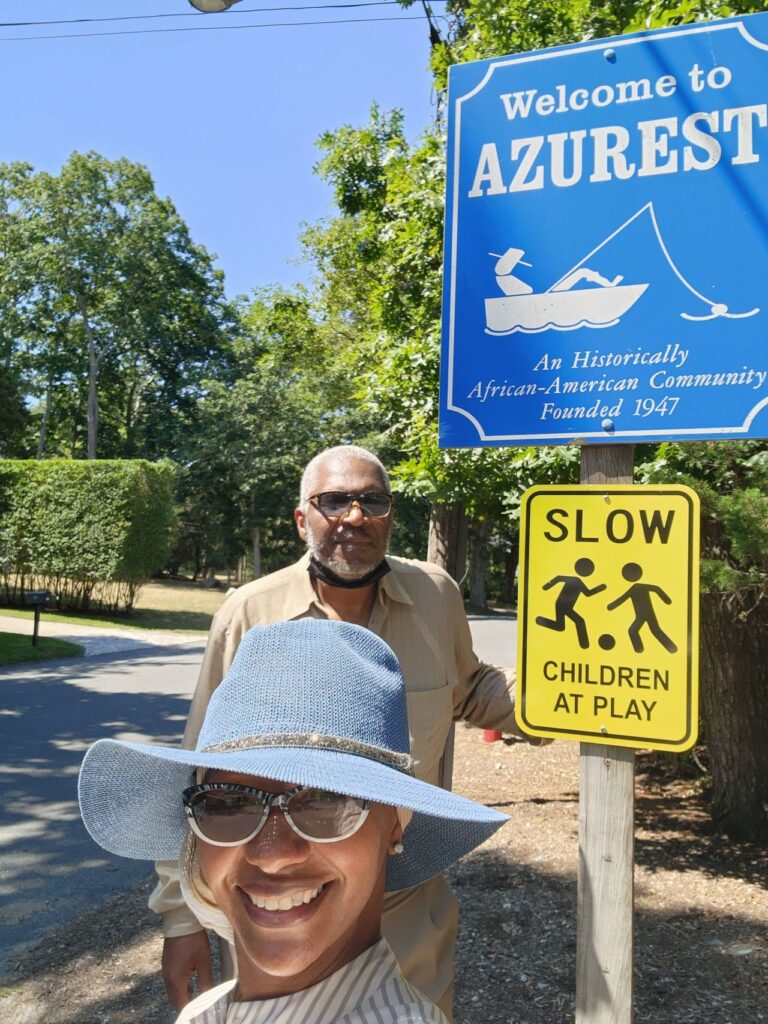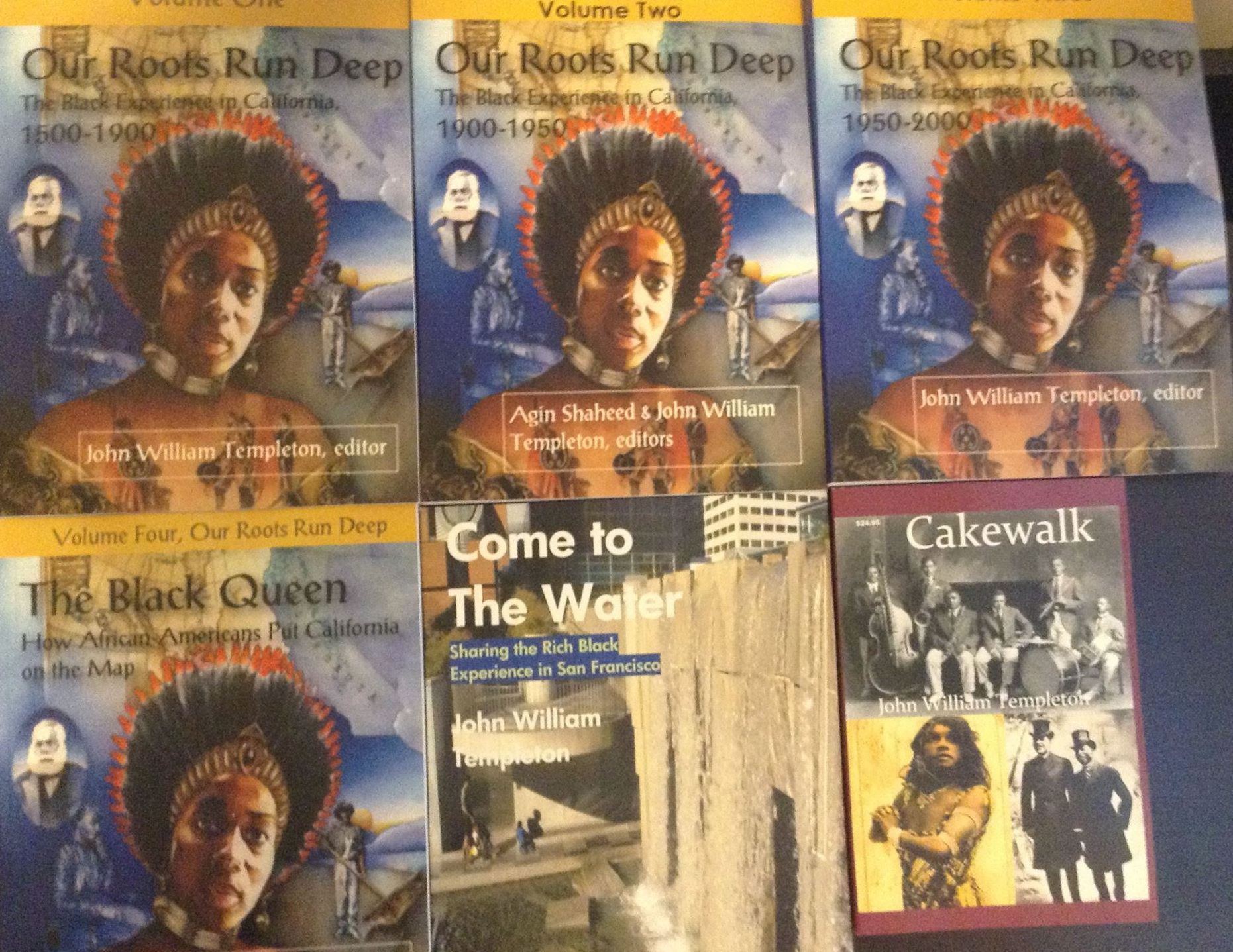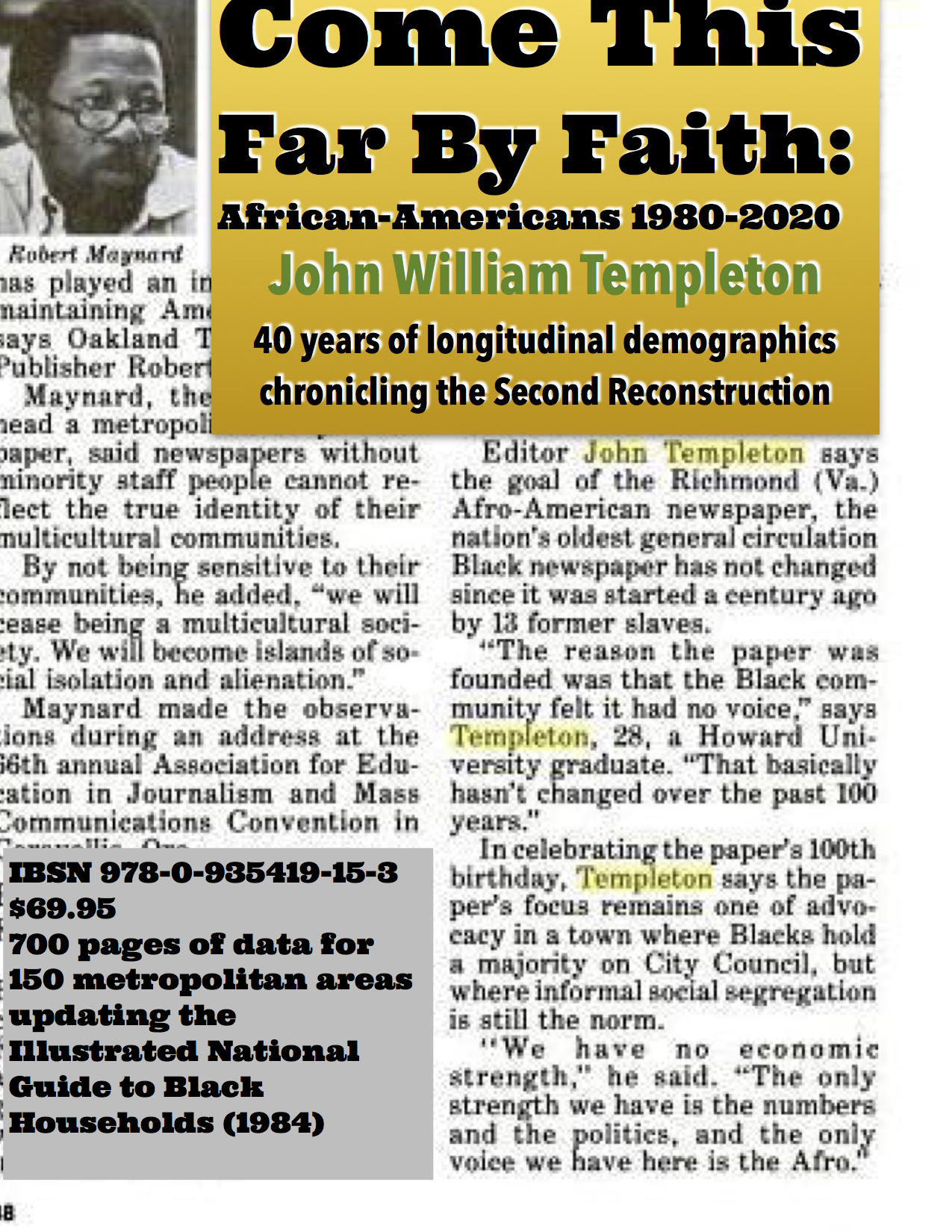Prolific, Provocative, Passionate Author writes California’s Black history
Buy ASPIRE SAN FRANCISCO titles exclusively only here #DIRECT2BLACK
When John Willliam Templeton discovered the original story of California was an island paradise populated by Black women, he realized that only a Black independent book imprint could do the heritage justice. When you buy ASPIRE SAN FRANCISCO books, you’re funding the California African-American Freedom Trail and ReUNION: Education-Arts-Heritage instructional channel and creating jobs in African-American neighborhoods. #DIRECT2BLACK

In 50 years as a journalist and author, John William Templeton is known for discovering remarkable narratives:
Cakewalk: the unsung creators of jazz music tells the long-hidden account of the first jazz club in history-located on San Francisco’s Barbary Coast through 14 years of research. It inspired the construction of the Fillmore Heritage Center in San Francisco and creation of the Jazz Heritage Center. Get Cakewalk for Jazz Appreciation Month.
Grampa Jack’s Secret traces Templeton’s own family tree back into 15th century Songhoy where his ancestor was a medical school professor. He also discovers relatives who had continuously owned land in his native Iredell County, N.C. since the 1790 Census and who have been in business since 1820. This 1994 book preceded the advent of online data bases. He provided regular commentary on the Compuserve African-American Art and Culture bulletin board on how to research family roots.
His most massive investigation covers the entire pre-1870 Black experience in America–the trilogy on the 13th, 14th and 15th Amendments:
Road to Ratification: How 27 States Faced the Most Challenging Issue in American History–R2R asks five questions about each state that ratified the 13th Amendment, the most important event in African-American history; who was the first Black person in the jurisdiction; where was the first Black school: where was the first Black church; who fought in the Civil War and when did slavery end in the state, telling the history through the sacred texts of 19th century Black authors and primary source documents to filter out the influence of biased publications
Citizenship for All: 150th anniversary of the 14th Amendment–the foundation of modern America was the first result of Black political activity. The narratives given in the Joint Reconstruction Committee form the basis for explaining how the nation took sides with the Black freedom struggle and provides a pathway for current and future policy.
We Fought, We Vote: 150th anniversary of the 15th Amendment–today’s most contentious issue was actually settled a century and a half ago, but most contemporary observers are ignorant of all three Reconstruction amendments. This shows how a measure that even its backers thought was impossible two years earlier came about because of organization by African-Americans. This amendment is uniquely African-American and should be revered for the agency shown.

Address
eAccess Corp. office are in downtown San Francisco, where you can visit for programs such as How to Do Equity or book SFSoulShuttle tours of the California African-American Freedom Trail
- 181 2nd St. San Francisco, CA 94105
- 415-240-3537
- [email protected]
Best ways to reach John William Templeton
Even more to discover
He’s also the dean of technology journalists and the expert on Black-owned businesses, including 25 years of covering African-American restaurants thorugh his site BlackRestauant.NET

The guidebook for corporate success
Inisghts from the earliest African-American C-suite leaders gleaned during the Black Executive Forums
In the 1980s and 1990s, there was an overrepresentation of African-Americans in cutting edge industries. As editor of the San Jose Business Journal, Templeton called these pioneers together in monthly sessions where they spoke freely about the barriers they faced and the strategies for surpassing them.
Showing the receipts of high tech bias
Trained in the use of Freedom of Information Act requests by John Marks and the late Victor Marchetti, Templeton created the annual study of how the loss of affirmative action in California set the stage for a signficant decline in Black participation in technology firms, undoing decades of progress.
Convenor of the Coalition for Fair Employment in Silicon Valley, Templeton requested EEO-1 forms from all Northern California tech firms, finding that 80 percent didn’t even file one. His testimony to the Senate and House Judiciary Committee was lauded by the Los Angeles Times for besting high tech lobbyists.

What the hell happened?
As editor of the oldest Black newspaper in the country in the 1980s, Templeton's first book was an analysis of the 1980 Census, producing concentration indices for 175 markets. In 2020, he updated the study overlaying four decades of journalism in retrospect.
Black communities have seen their political and individual success come at the cost of their neighborhoods and cherished institutions, leaving many bewildered. The problem has been the lack of control of the data used for decision-making. Come This Far By Faith: African-Americans 1980-2022 gives an encyclopedic look at the demographic shifts and the policy mistakes that happened while we were distracted. Essential for community rebuilders.
